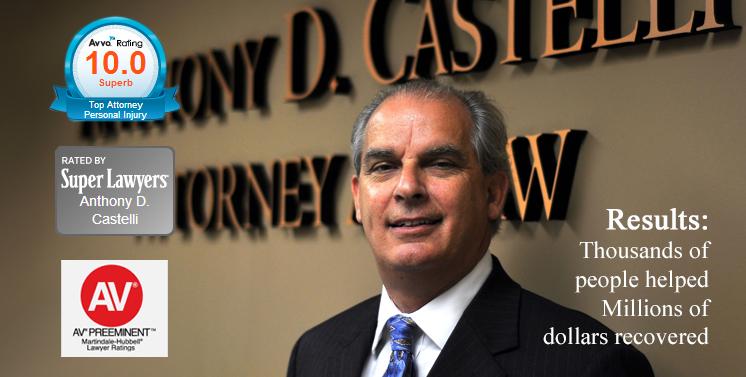Premises liability law involves the legal responsibility of owners and occupiers of property for mishaps experienced by persons on the property and the resulting injuries. One of the most common causes of such injuries is a trip or slip and fall, such as:
- on an icy sidewalk,
- a loose or uneven stair tread,
- or a piece of debris or spilled liquid on the floor,
- lack of handrails,
- covered over holes
The actual liability of the potentially responsible individuals varies depending on the rules and principles adopted in the jurisdiction where the mishap occurred. An experienced premises liability lawyer can determine whether liability may exist in a particular case and help an injured person recover damages for lost wages, medical bills, and pain and suffering.
Ohio Premises Liability Principles in Personal Injury Cases
In Ohio premises liability laws focus on the status of the visitor to the property. As such, the injury victim is generally defined as either an invitee, a licensee, or a trespasser. An invitee is someone who is expressly or impliedly invited onto the property of another. The owner owes the invitee the highest duty of care, which includes taking every reasonable precaution to ensure the invitee's safety. A licensee, by contrast, enters the property for his or her own purposes but is present at the consent of the owner. The owner is required to warn a licensee of hidden dangers, but is not necessarily required to fix them. And finally, a trespasser enters without any right whatsoever to do so. In the case of adult trespassers, the owner has no duty of care and need not take reasonable care of his property or warn of hidden dangers.
Even if the plaintiff is a trespasser, he or she may still be able to recover, however, if the plaintiff can show that the owner knew it was likely that trespassers would enter the property. And children are owed a higher duty of care, regardless of whether they are considered trespassers. A landowner's duty to warn is also heightened with respect to children. Realistically, only child trespassers would be a case most injury lawyers would handle.
A better approach would be as some do. This is where consideration is given to the condition of the property and the activities of the owner and visitor, a uniform standard of care is applied to both invitees and licensees. This uniform standard requires the exercise of reasonable care for the safety of visitors other than trespassers. In order to satisfy the reasonableness standard owed to invitees and licensees, an owner has a continuing duty to inspect the property, identify dangerous conditions, and either repair them or post warnings as appropriate.
In proving a premises liability case, a person harmed must show that the standard of reasonableness required by an owner has not been met. Perhaps the highest hurdle that a plaintiff must overcome relates to the owner's knowledge. The plaintiff must prove that the owner had or should have had knowledge of the condition in order for liability to attach, which is often quite often difficult to establish. This is where constructive notice comes into play. The Ohio law will impute notice of a hazardous condition if there is proof thst it existed long enough for the owner to have discovered it .
One of the commonly applied theories to limit a plaintiff's recovery is comparative or contributory fault. A visitor has a duty, in most cases, to exercise reasonable care for his or her own safety, and when that degree of care is not exercised, the plaintiff's recovery may be limited or reduced by an amount attributable to his or her own negligence.
A paticulalry absurd notion in Ohio law is that if the dangerous condition was open and obvious then there is no duty on the part of the property owner to fix the problem. The law assumes that everyone will see the danger and avoid it. This needs to be changed in Ohio.
Slip & Fall Personal Injury Cases
Slip and fall injuries are, as the name implies, injuries that occur when a person slips, usually on a foreign substance or as a result of a dangerous condition, and falls. A common slip and fall case occurs when someone slips on tracked in water inside a business, or a customer in a grocery store slips on a liquid, or a mopped floor where no signs have been placed warning of the wet floor.
Conclusion
Even common accidents such as slips and falls can present complex legal issues and complicated questions of both fact and law. Accordingly, if you have been injured in a premises-related case, an experienced and knowledgeable personal injury attorney with premises liability experience is in the best position to advise you on your rights and secure a favorable outcome.


